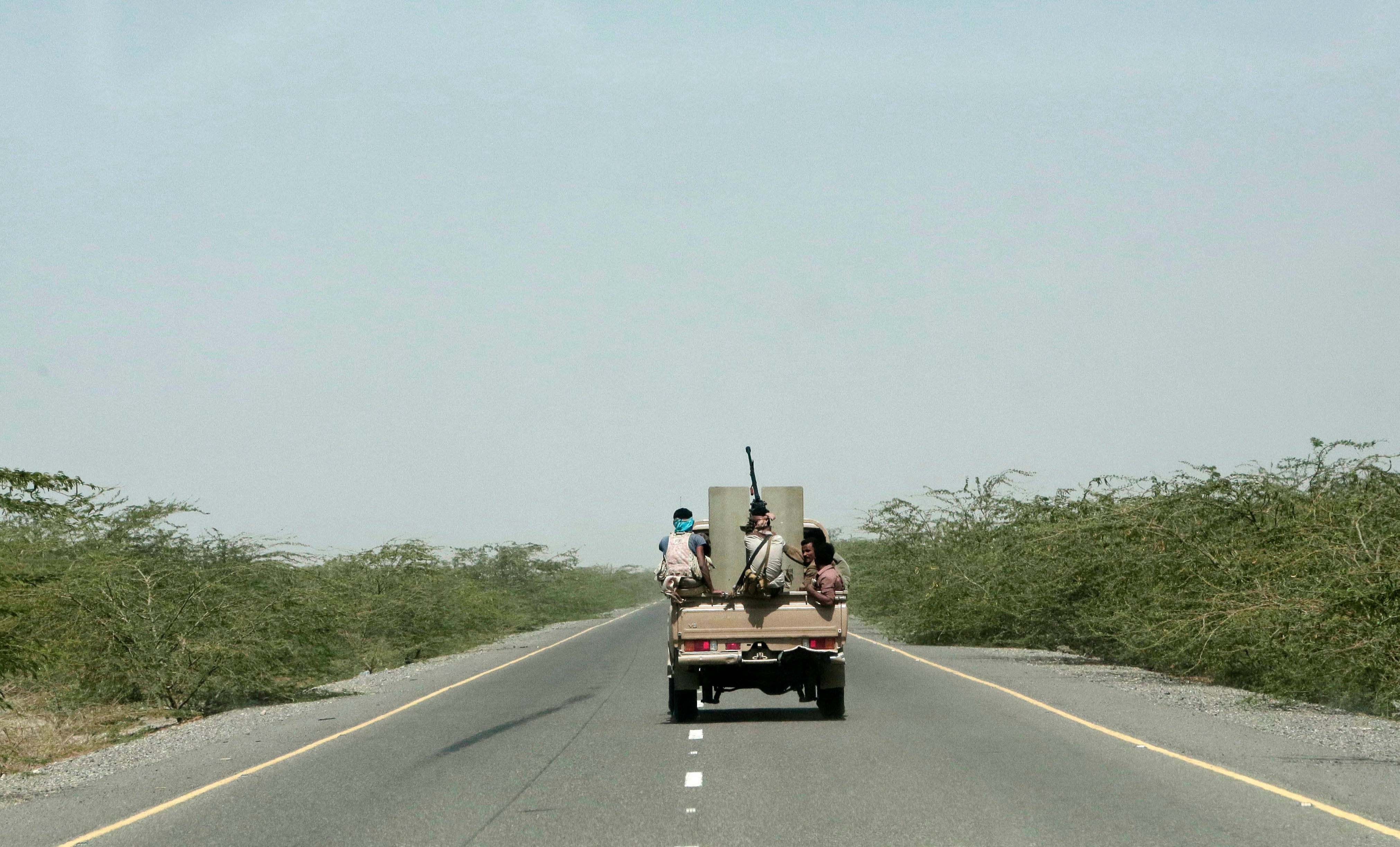Yemeni sides say deal reached to free nearly 900 prisoners
Yemen’s warring sides say they have agreed to release nearly 900 prisoners of war in a U.N.-brokered deal amid international efforts to end the yearslong conflict

Your support helps us to tell the story
From reproductive rights to climate change to Big Tech, The Independent is on the ground when the story is developing. Whether it's investigating the financials of Elon Musk's pro-Trump PAC or producing our latest documentary, 'The A Word', which shines a light on the American women fighting for reproductive rights, we know how important it is to parse out the facts from the messaging.
At such a critical moment in US history, we need reporters on the ground. Your donation allows us to keep sending journalists to speak to both sides of the story.
The Independent is trusted by Americans across the entire political spectrum. And unlike many other quality news outlets, we choose not to lock Americans out of our reporting and analysis with paywalls. We believe quality journalism should be available to everyone, paid for by those who can afford it.
Your support makes all the difference.Yemen’s warring sides said Monday they agreed to release nearly 900 prisoners of war in a U.N.-brokered deal amid international efforts to end the yearslong conflict.
The deal on a prisoner exchange capped 10 days of intensive talks in Switzerland between Yemen’s internationally recognized government and the Houthi rebels. The discussions were co-chaired by the United Nations and the International Committee of the Red Cross.
The deal involves the release of over 700 Houthi prisoners, said Abdul-Qader el-Murtaza, the head of the Houthi delegation. The Iran-backed Houthis would release more than 180 prisoners, including Saudi and Sudanese troops fighting with the Saudi-led coalition, he added.
It's unclear how many prisoners remain but the number is thought to be in the thousands on both sides.
El-Murtaza said the releases would begin in three weeks, and that both sides would convene for another round of talks on more prisoner exchanges after the Muslim holy month of Ramadan, which starts this week.
Majed Fadail, Yemen’s deputy minister for human rights and a member of the government delegation, said the releases would include four Yemeni journalists who were detained and sentenced to death in recent years by a Houthi-controlled court in a trial described by the Amnesty International as “grossly unfair.”
He said the deal also includes the release of top military officials held by the Houthis since the start of the war. Among them are Maj. Gen. Mahmoud al-Subaihi, who was the defense minister when the war erupted; Nasser Mansour Hadi, the brother of former Yemeni President Abed Rabbo Mansour Hadi; relatives of late strongman Ali Abdullah Saleh, and sons of former Vice President Ali Mohsen al-Ahmar, he said.
In a statement, the Yemeni government welcomed the deal and urged the joint government-Houthi committee to continue its efforts to release all prisoners.
The deal was a follow-up to a 2018 agreement that demanded that both parties release all those detained in relation to the conflict “without any exceptions or conditions.” The agreement was part of a wider settlement that ended fierce fighting over the crucial port city of Hodeida, which is held by the Houthis.
Since then, both parties have released many prisoners, with a major exchange in October 2020 of more than 1,000 detainees from both sides.
Monday’s deal came more than a week after Iran and Saudi Arabia announced a China-brokered deal to re-establish diplomatic ties after years of frayed ties and hostilities. The Iran-Saudi deal, announced in Beijing on March 10, has invigorated hopes of a settlement to Yemen's conflict.
The U.N. envoy for Yemen, Hans Grundberg, told the the U.N. Security Council last week that intense diplomatic efforts are underway to end the war, citing new regional and international momentum, including the Saud-Iranian deal.
Yemen’s conflict began in 2014, when the Houthis seized the capital, Sanaa, and much of the country’s north, ousting the internationally recognized government that fled to the south then into exile in Saudi Arabia.
The Houthi move prompted a Saudi-led coalition to intervene months later in a bid to restore the internationally recognized government to power. The conflict has in recent years turned into a regional proxy war between Saudi Arabia and Iran.
The conflict has killed more than 150,000 people, including fighters and civilians, and created one of the world’s worst humanitarian disasters.